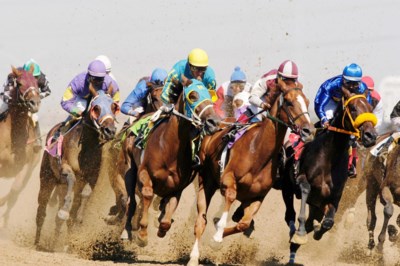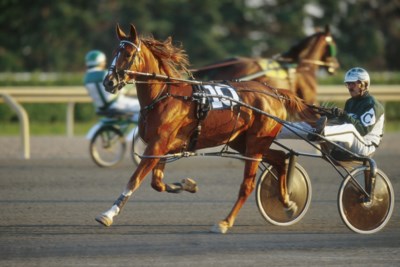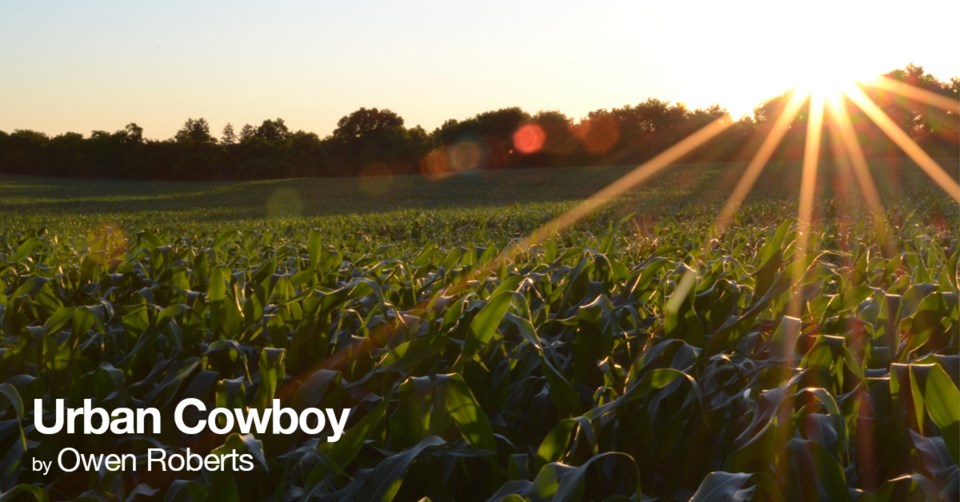For me, one of the best things about driving to work at the University of Guelph is parking.
That’s not always been an upbeat exercise. But recently, I started parking beside Equine Guelph on McGilvray St., where I’m greeted by a dozen or so horses milling about in their paddock.
Admittedly, it’s not much of a greeting. I look at them; they sometimes look at me.
But their mere presence and beauty is grounding, a great way to start, and end, the day. The sights, smells and sounds of horses are immediate reminders of Guelph’s — and the equine sector’s — historic connection to agriculture.
Equine Guelph is the bridge between the equine sector and the university. It describes itself as a unique partnership dedicated to the health and well-being of horses, supported and overseen by equine industry groups. Through the years, it’s come to take the lead in equine education and research in Canada, in emergency management, disaster prevention (such as barn fires) and animal welfare.
 Photo by Dave Landry
Photo by Dave LandryA lot of Equine Guelph’s emphasis has been on the racing industry.
But the industry has changed.
“With the ending of the ‘Slots at Racetracks’ program, the financial situation has changed greatly,” says Equine Guelph director Gayle Ecker. “There’s also been a drop in the number of people going to the races. As a result, there has been a transition process going on to adjust to new funding formulas and changes in the number of race dates.”
Equine Guelph is trying to determine how these changes are impacting the sector, by calling on grooms, trainers and owners to take part the first of its kind survey on racehorse health and well-being. It’s intended to shed light on the challenges facing the Ontario horse racing industry, in all three sectors — Quarter Horse, Standardbred and Thoroughbred.
 Photo by Dave Landry
Photo by Dave LandryMore specifically, Ecker says it’s trying to explore current racehorse health concerns — the injuries and diseases of most concern) — as well as horsemanship and racehorse well-being, including post racing opportunities, communications and training.
As surveys go, this is a whopper. Equine Guelph estimates it will take participants 30-50 minutes to complete.
But it’s an effective way to take the industry’s pulse.
“The equine sector’s input is important to help drive new research, educational programs and outreach efforts to maintain and improve racehorse health and well-being in Ontario,” says Ecker.
To learn more about Equine Guelph, go to www.equineguelph.ca.
